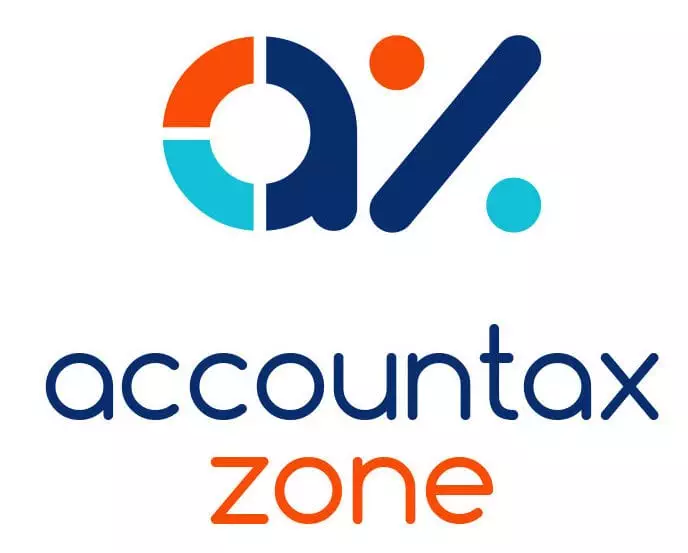If you’re an employer in the UK, you’ve probably come across situations where you’ve provided a small gift, thrown a staff party, or reimbursed a one-off expense – and then wondered how to handle the tax side of it.
Rather than dealing with the admin of putting these items through payroll or listing them on every employee’s P11D, there’s a simpler option: the PAYE Settlement Agreement (PSA).
Let’s explore what it is, how it works, and why it might save you time and hassle.
What Is a PAYE Settlement Agreement?
A PSA is a formal agreement with HMRC that allows employers to pay the tax and National Insurance (NIC) due on certain expenses and benefits on behalf of their employees.
Instead of processing these through payroll or reporting them individually, you make one annual payment covering everything agreed in your PSA.
This approach is particularly useful for benefits that are:
- Minor – such as small thank-you gifts or seasonal treats,
- Irregular – for example, a one-off payment for relocation or hotel stay
- Impracticable – where it’s hard to track usage or assign a precise value, like occasional shared taxis after late work events
What Can Be Included in a PSA?
Not everything can go into a PSA, but here are some examples that usually qualify:
- Christmas parties and annual staff events
- Small gift vouchers or hampers
- Non-cash awards for employee recognition
- Taxi fares when staff work late
- Overnight accommodation for staff at a one-off event
- One-off expenses for staff attending business events or conferences
- Staff entertainment that is not exempt from tax or national insurance contribution
- Relocation expenses over £8,000 (These are tax-free below £8,000)
- Expenses of a spouse accompanying an employee abroad
What can’t be included?
Items that are regular, contractual, or part of an employee’s normal benefits package – such as company cars, regular travel expenses, or bonuses – won’t be eligible. These should still be handled through payroll or reported separately to HMRC.
How to Apply for a PSA
To get started, you’ll need to write to HMRC and request a PSA. This can now be done online via your Government Gateway account, or by sending a letter to HMRC with details of the benefits you’d like to include.
HMRC will then review your request and, if approved, issue a formal agreement. You must have this agreement in place by 6 July following the end of the tax year in which the benefits were provided.
Once the PSA is agreed, you’ll receive a calculation notice from HMRC after the end of the tax year, showing the amount you owe in tax and NIC.
When Is Payment Due?
- Deadline to agree the PSA with HMRC: by 6 July following the end of the tax year
- Payment deadline: by 22 October (or 19 October if paying by cheque)
Missing these deadlines can lead to penalties or interest, so it’s best to plan early and leave enough time to finalise your PSA application.
How Is the Tax Calculated?
Here’s where many employers get caught out. The tax is calculated on a grossed-up basis, which means:
- HMRC assumes the benefit is a net payment to the employee
- You, the employer, cover both the tax and National Insurance on top
For example, if you gave a £100 voucher to an employee and their tax rate is 40%, you don’t just pay tax on the £100 – you pay enough to cover what the voucher would have cost after tax, which is around £167 gross. That way, the employee receives the full value without a tax deduction.
You’ll also pay Class 1B National Insurance Contributions (currently 15% from 2025-26) on the grossed-up total. This NIC is not passed on to employees – it’s your responsibility as the employer.
Benefits of Having a PSA
- Saves time and admin: No need to calculate tax per employee or submit multiple P11Ds
- Improves employee morale: Staff receive benefits without worrying about tax charges
- Simplifies record-keeping: One annual payment instead of ongoing processing
- Reduces payroll complexity: Keeps small or irregular benefits off your regular payroll
Common Mistakes to Avoid
- Missing the 6 July deadline – You can’t backdate a PSA, so apply early
- Including ineligible items – Regular benefits or contractual payments aren’t allowed
- Forgetting to gross-up correctly – Always calculate based on employees’ tax bands
- Not budgeting for Class 1B NIC – This can add a fair amount to your final bill
Need Help with Your PSA?
At AccounTax Zone, we help employers across the UK manage their PSA applications, work out the tax and NIC accurately, and avoid costly mistakes.
If you’re unsure what can be included or how to go about applying, we’re just a call or email away. Let us take care of the numbers so you can focus on your team.
Get in touch today and let’s make tax one less thing to worry about.
You may also like to read: Wealthy taxpayers within PAYE – When is a tax return required?










